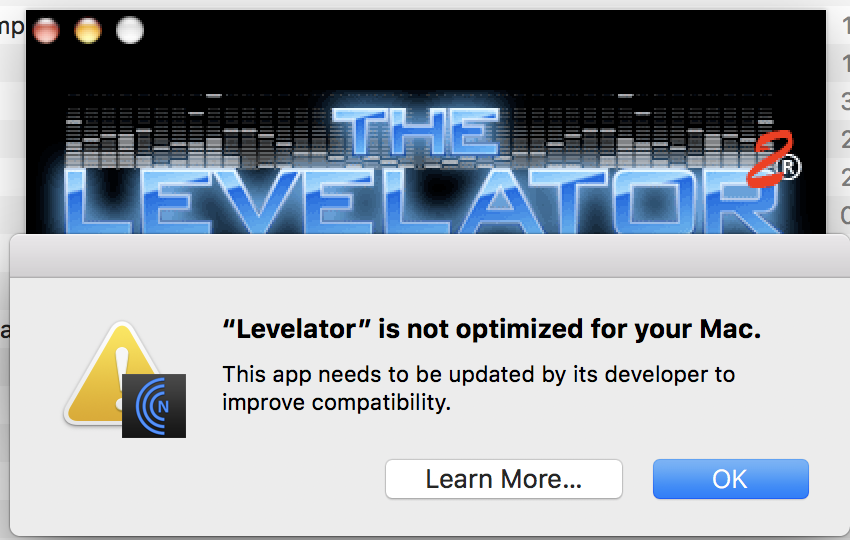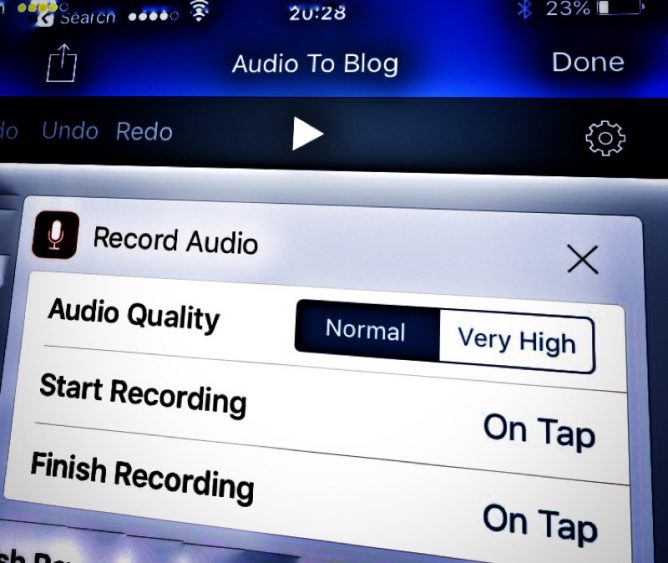At work I get emails about scratch. I often miss these or don’t pay enough attention. There is also a scratch blog on medium. I thought I could subscribe to that in an RSS reader. Couldn’t see a rss link so I searched for more information. Ironically the first two medium articles I found needed a paid account to read. Eventually I just pasted the link into Inoreader which did auto discovery. I also found the email archive on mailchimp and subscribed to that too.
It seems to me that it is getting harder to be a wee bit technical. Like hiding full URLs in the address bar, or making it difficult to find an episode page for a podcast to link to. No RSS link buttons or links to audio files. These changes may have been made in the name of simplification or to make pages a bit stickier but cause frustration here.


